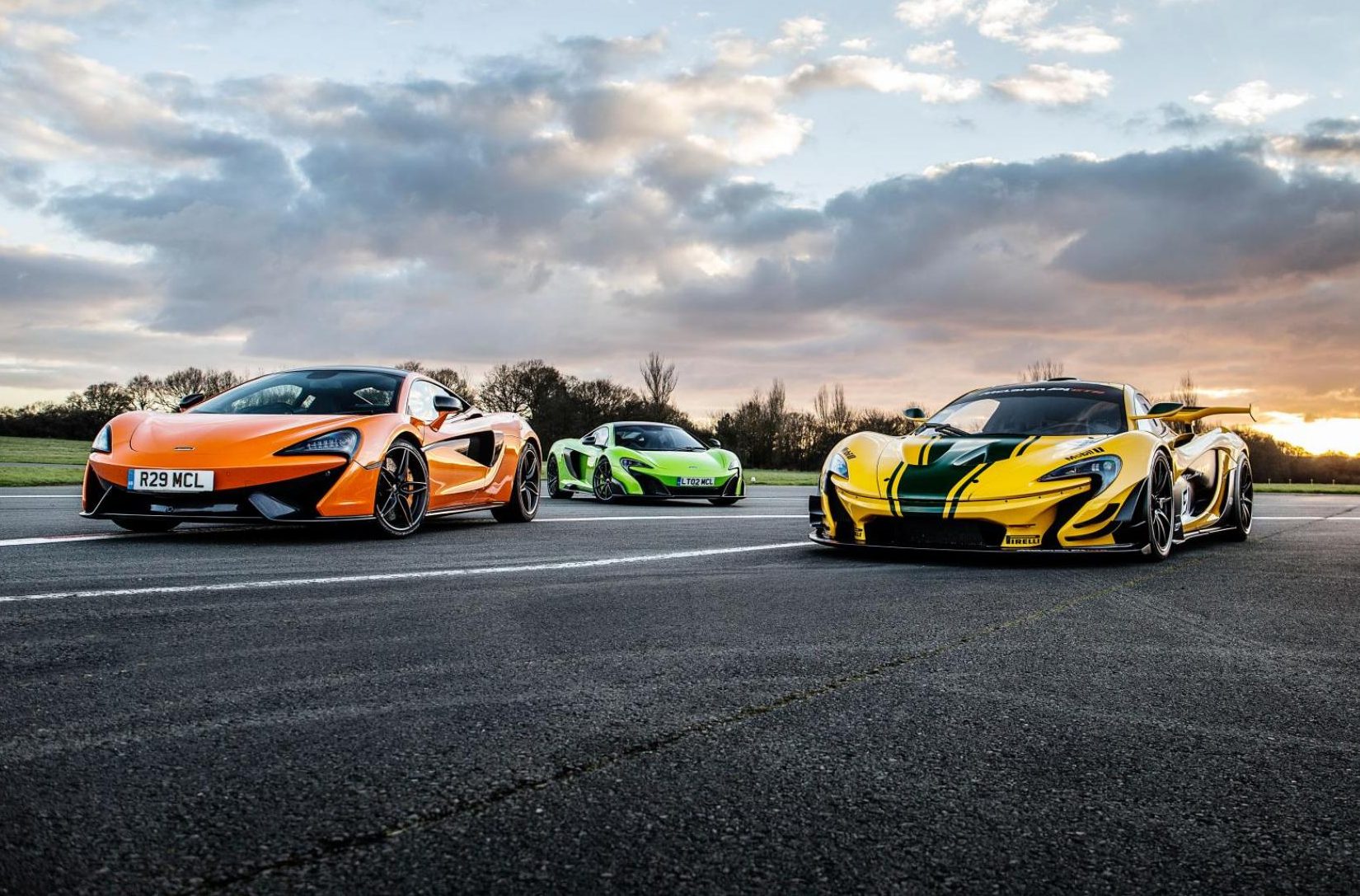As predicted by industry experts, Ferrari has announced plans to produce an SUV, or as they prefer to call it, a crossover vehicle. Dubbed the Purosangue (or “thoroughbred” in Italian), CEO Louis Carey Camilleri revealed the news at a Ferrari meeting.
“That word [SUV], I do not want to hear it in the same phrase as Ferrari,” he said during the presentation.
Ferrari is one of the last supercar manufacturers that is getting into the SUV market. Undoubtedly, the bottom line is one of the reasons why.
What we know so far: consumers will have their pick of either an internal-combustion engine or a gas-electric hybrid. The Purosangue will be all-wheel drive, feature a double-clutch transmission, and will have five doors and a coupe-inspired shape.
The car will have a front-mid-engine layout that’s more common in sports cars such as the Mercedes AMG GT. According to Camilleri, this engine setup will be featured in additional Ferrari vehicles. The chassis will be used for a variety of its models, making it a cost-effective plan (instead of just using the platform for only one vehicle).
The Italian manufacturer plans on launching a whopping 15 new models by 2022. It’s unclear whether that includes changes on any existing vehicles. Ferrari typically releases just a handful of new models at a time. Camilleri thinks the Purosangue will boost profits and sales to over 10,000 cars a year (a feat it has yet to accomplish).
Lamborghini unveiled its first SUV, the 2019 Urus, during a launch event at its headquarters in Italy at the end of 2017. Other high-end SUVs include the Mercedes G-Class, Bentley Bentayga and Porsche Cayenne, as well as future models to be released by Aston Martin and Rolls Royce. McLaren is the sole supercar manufacturer to not have an SUV offering.
McLaren boss Mike Flewitt told TopGear.com earlier this month that the world has enough SUVs and that his company is never going to make one: “An SUV is only going to dilute the McLaren brand. Our brand and heritage is motorsport and great drivers’ cars. SUVs are great, they have their place, but they’re not great drivers’ cars. They utterly dilute the driving experience so it makes no sense.”
Sales of luxury SUVs have risen dramatically over the years, with 21,000 vehicles sold in 2016. Many of these were the Mercedes G-Class and Bentley Bentayga, according to IHS Automotive. By 2020, the figure is expected to reach 29,300 vehicles sold.
Sales of mass-market SUVs grew from just under 8 million vehicles sold in 2006 to nearly 26.5 million sold in 2016. Experts predict a 28 percent growth in sales by 2020.


